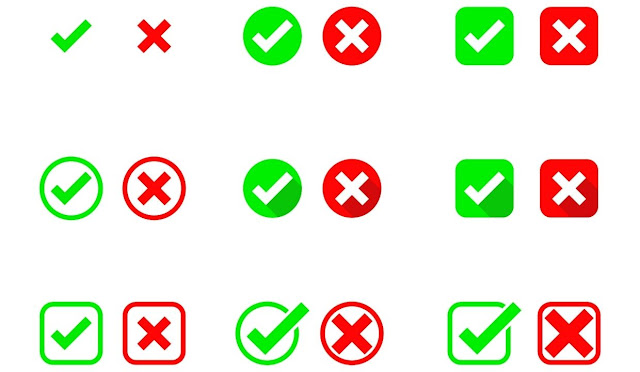What is Salary Payment Rules According to Labor Code 2019?
The employer shall pay the employee on the basis of the agreed salary, productivity and work quality. The salary written in the employment contract and the salary paid shall be made in Vietnam dong. If the employee is a foreigner working in Vietnam, the salary payment to foreigners can be made in foreign currency. The payment of salary to the employee by the employer has to follow salary payment rules clearly regulated under the labour to protect the interest of the employee and avoid disputes in employment relationship.
Employers shall directly, fully and punctually pay salaries to their employees. In the cases where an employee is not able to directly receive his/her salary, the employer may pay it through a person legally authorized by the employee. Employers must not restrict or interfere their employees’ spending of their salaries; must not force their employees to spend their salaries on goods or services of the employers or any particular providers decided by the employers.
Every time salary is paid, the employer shall provide the employee with a note specifying the salary, overtime pay, nightshift pay and deductions (if any).
An employee who receives an hourly, daily or weekly salary shall be paid after every working hour, day or week respectively, or shall receive a sum within not more than 15 days as agreed by both parties; an employee who receives a monthly or bi-weekly salary shall be paid after every month or every two weeks respectively, the payment time shall be periodic and agreed upon by both parties; an employee who receives a piece rate or a fixed amount shall be paid as agreed by both parties. In case a task cannot be completed within one month, the employee shall receive a monthly advance payment based on the amount of work done in the month.
In case of a force majeure event in which the employer is unable to pay the employee on schedule after all remedial measures have been implemented, the salary shall be paid within 30 days. In case a salary is paid at least 15 days behind schedule, the employer shall pay the employee a compensation that is worth at least the interest on the amount paid behind schedule at the latest 1-month interest rate quoted by the bank at which the employee’s salary account is opened.
Failing to make payment or making underpayment of wages and salaries to employees is the breach of labor contracts which fines imposed on the employers will be at the following rates: a fine ranging from VND 5,000,000 to VND 10,000,000 to be imposed if the violation involves 01 – 10 employees; a fine ranging from VND 10,000,000 to VND 20,000,000 to be imposed if the violation involves 11 – 50 employees; a fine ranging from VND 20,000,000 to VND 30,000,000 to be imposed if the violation involves 51 – 100 employees; a fine ranging from VND 30,000,000 to VND 40,000,000 to be imposed if the violation involves 101 – 300 employees; a fine ranging from VND 40,000,000 to VND 50,000,000 to be imposed if the violation involves 301 or more employees. At the same time, the employers shall be compelled the full repayment of wage and salary plus the amount of late payment interest calculated at the highest demand deposit interest rates publicly quoted by state-owned commercial banks on the date of imposition of such penalty for the violations.
According to the provisions of the Labor Code 2019, the employer must pay the employee directly, fully and on time. If due to force majeure, the employer has used all the remedial measures but cannot pay the salary on time, there is only maximum extension of 01 month for late payment. Passing this time limit, the employee has the right to unilaterally terminate the labor contract without prior notice or make complaints or filing lawsuits at competent agencies to resolve employment dispute. The time limit to request a labor mediator to settle an individual labor dispute is 06 months; the time limit to bring an individual labor dispute to the Court is 01 year from the date on which a party discovers the act of infringement of their lawful rights and interests. Employment lawyers specializing in dispute could be engaged to protect best interest of parties involved and provide guidance to resolve in most effective ways.


.jpg)

Nhận xét
Đăng nhận xét